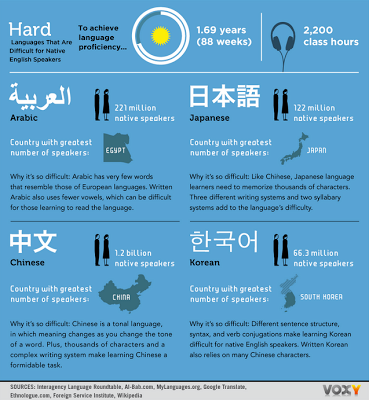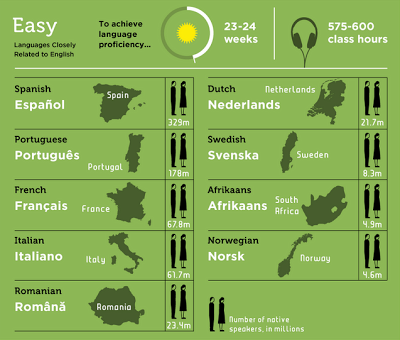What is the most beautiful word in the English language?

What makes a word beautiful? The marriage of form, function and sound? The meaning? The etymology? Anyway, here is my list. OK - Alan Metcalf makes a strong case for what he calls 'America's greatest word'. He argues that OK encapsulates the American spirit of tolerance, enterprise and practicality. Love - the word that features in the title of 12 The Beatles songs ( All You Need Is- /Can’t Buy Me -/And I - You ). And 113 US Number One singles ... Yes - Joyce describes this as the female word and has Molly Bloom end Ulysses with a resounding tribute to it: 'yes and his heart was going like mad and yes I said yes I will Yes. " Bewitched - beautiful sound, beautiful Rodgers & Hart song, magical idea. Would also enter ‘bothered’ and ‘bewildered but with only five Twilight - vampire fans are banned from voting. Iridescent ( ir-i-DES-ent) - ‘brilliant, lustrous, colourful’ - what more could you ask from a word? Any of those make your list? O



